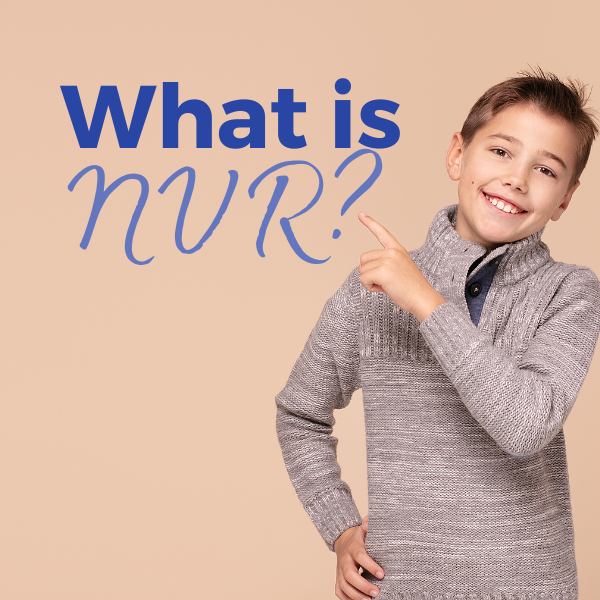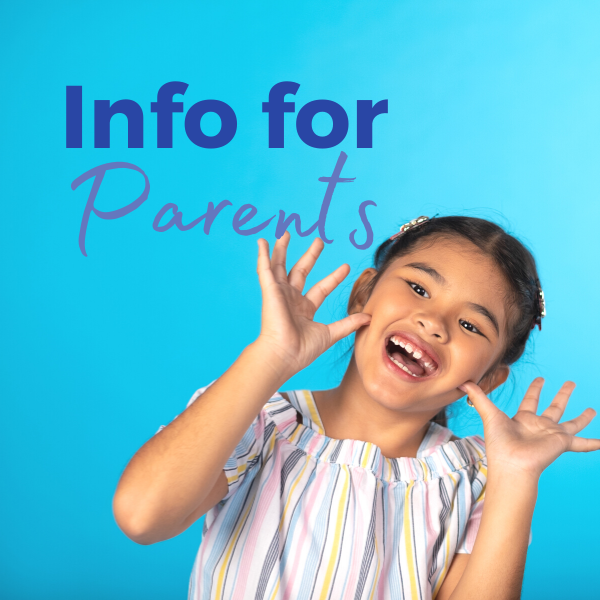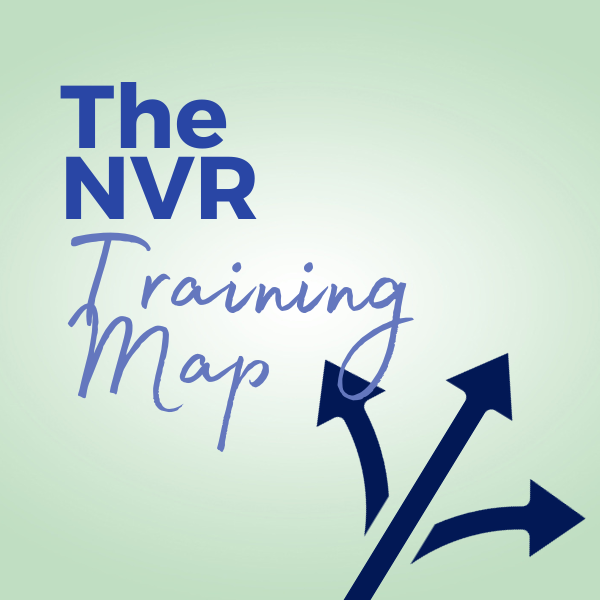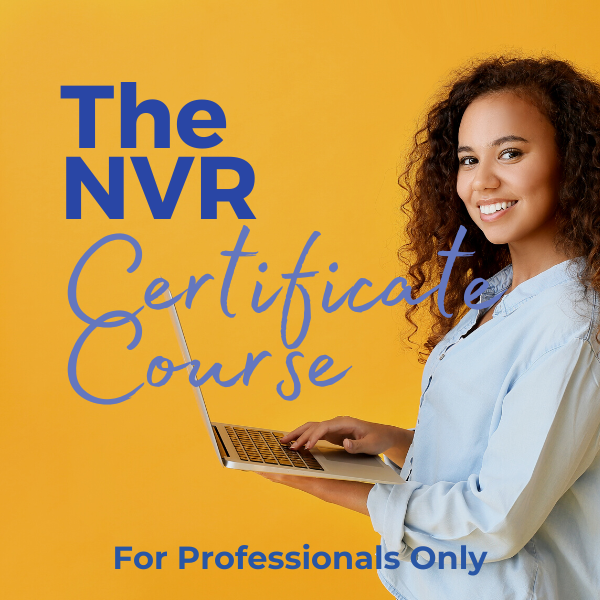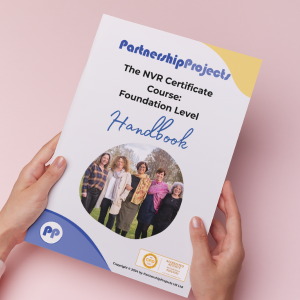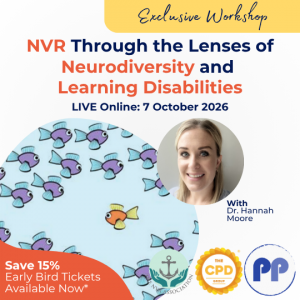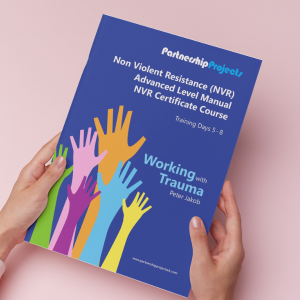 How does it feel, I wonder, to come to meet with someone like me, an NVR Therapist working in a CAMHS service, when your child is putting themselves at risk, acting in controlling and out of control ways and undermining your wishes for them as a parent in every way?
How does it feel, I wonder, to come to meet with someone like me, an NVR Therapist working in a CAMHS service, when your child is putting themselves at risk, acting in controlling and out of control ways and undermining your wishes for them as a parent in every way?
How much courage does it take to come to another “Parenting Course” and to open yourself up to meet with another stranger who is going to tell you how to manage your child when you know that other courses you have been sent on haven’t worked?
How much more difficult may this feel when you have had to meet with people like me for your own mental health difficulties, and may have found that a less-than-brilliant experience in the past?
So, how may it feel to hear when you do meet with someone like me, that you have not failed and that there is a programme that can help you to resist the harmful things that your child is doing, and that this peaceful resistance is exactly what your child needs from you?
When I learnt about NVR, I was initially sceptical, as many are, I think, especially for those professionals who have struggled to engage parents in support offered and who have witnessed how damaging patterns can repeat in families.
NVR appears to be so straightforward that it can seem almost absurd, but NVR has at its centre a beautiful simplicity and the belief that helping a parent is likely to help a child, and it will be more effective for a child than almost any other thing we can do.
If you come to CAMHS feeling traumatised by the dismissal and aggression of your child, and criticised by others for perceived parental failings, how may it feel to meet with someone who accepts you, is interested in your experience, non-judgemental and believes that change can happen?
NVR deeply respects your importance and accepts that life can be challenging, that mistakes have happened, but that you are worthy of support from others and that, step-by-step, using NVR, you can resist aggression and control from your child, and repair and rebuild this relationship.
I have learnt how to use NVR by doing it with parents, and this is how parents learn the skills that they need to.
We practise skills in self-regulation and perspective-taking, explore setbacks and difficulties, and laugh together about the challenges and their successes. Their mental health can improve remarkably as they experience themselves as people with agency and choices.
In the words of one such parent:
“NVR has changed everything. I am no longer depressed. We are happy now. It’s not perfect, but it is perfect for us. I use NVR everywhere now. I live and breathe it. It works”.
Written by Sally Glynn,
Non–Violent Resistance Therapy Lead / CAMHS
NVR Association (NVRA) Accredited Practitioner
Accreditation Module Participant, 2024


